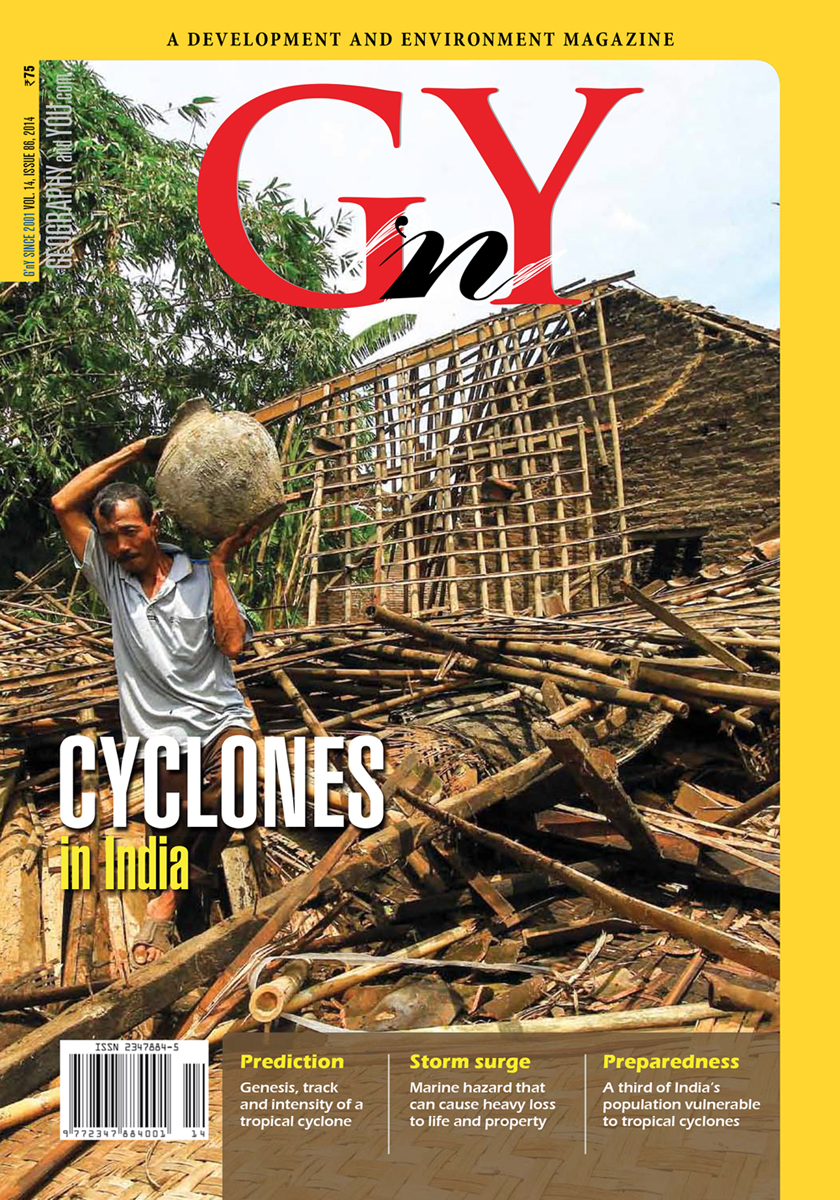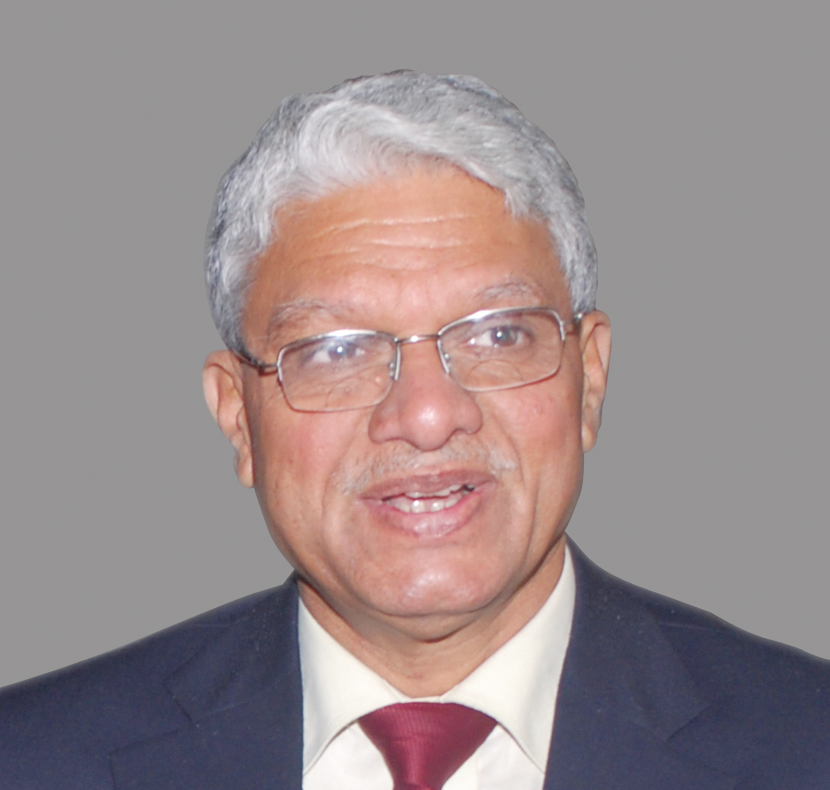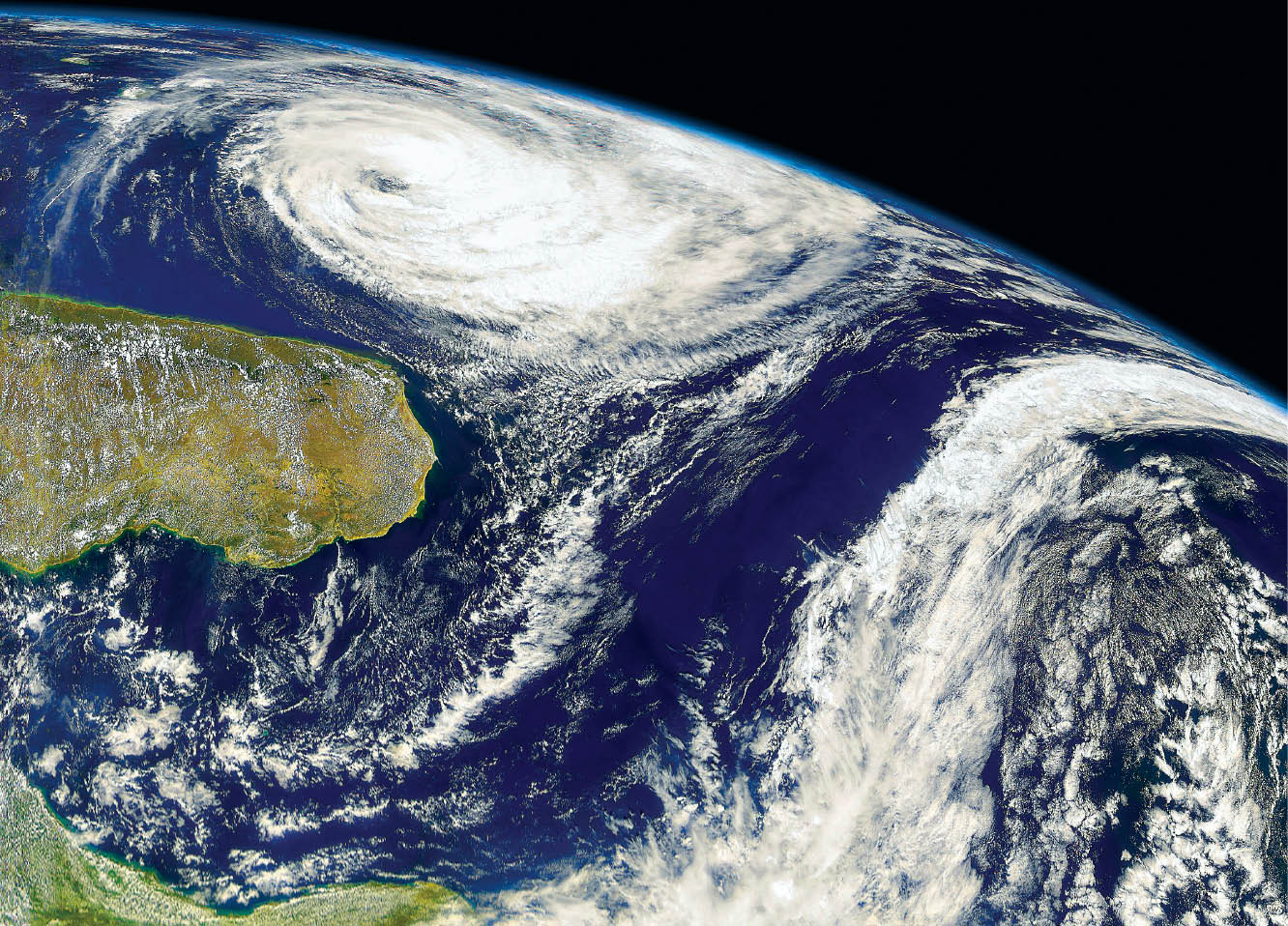
Expert Panel

Vice Chancellor, MG Kashi Vidyapeeth, Varanasi

Koteswaram Professor, Air Vice Marshal (Retd) Former DG, IMD, New Delhi

Deputy Director General, Fisheries, Indian Council of Agricultural Research, New Delhi

Professor, Centre for the Study of Regional Development, Jawaharlal Nehru University, New Delhi

Professor, Centre for the Study of Regional Development, Jawaharlal Nehru University, New Delhi
Inside this issue
Cyclones in India
A tropical cyclone is an intense low pressure system that is classified on the basis of its wind speed. The phenomena has a definitive structure and a well-defined life cycle.
The monitoring, prediction and forecast of tropical cyclones (TCs) over the northern Indian Ocean (NIO) basin goes back 150 years. A historical account of the developments is presented here, along with the present status of early warning systems.
Cyclone Phailin crossed into Odisha and adjoining northern Andhra Pradesh near Gopalpur on October 12, 2013. India Meteorological Department (IMD) accurately predicted the genesis, intensity, track and point and time of landfall well in advance. As a result, the loss of human lives due to the cyclone was reduced to just 22 persons.
Tropical cyclones (TC) in the northern Indian Ocean (NIO) have several prominent characteristics as compared to storms in other ocean basins of the world, especially in their genesis, structure, disaster and impact. TCs in the NIO show peak periods twice in a year, never demonstrate extra-tropical transition (ET), and result in higher storm surges than anywhere else in the world.
The accurate prediction of a tropical cyclone depends on correct monitoring of its location and intensity. The observational network plays a key role in determining the characteristics of a cyclone.
A phenomena as fluid as the cyclones demands detailed research. Some of the latest development on the research front is briefly presented here.
Various numerical weather prediction (NWP) techniques are used for the prediction of tropical cyclones (TC) over the northern Indian Ocean (NIO). The article describes an objective NWP based cyclone prediction system (CPS) used for operational cyclone forecasting over the NIO.
Forecasting deals with the prediction of genesis, location/track and intensity of a tropical cyclone. It also aims at predicting associated adverse weather such as heavy rains, gales, high waves, storm surges and coastal inundation.
High waves and coastal inundation due to tropical cyclones cause heavy loss of life and property. Hence, precise prediction and warning is of extreme significance. The forecast services played a major role in preventing losses when cyclone Phailin made landfall in 2013.
Even though only about 8 per cent of the country’s geographical area is cyclone prone, broad-scale assessment based on the 2001 Census, indicates that over 320 million people, which is about a third of India’s population, are vulnerable to cyclone related hazards.
The managerial prowess in handling Phailin demonstrates that a natural calamity can be tamed by an effective warning system, superior preparedness, and public awareness.
With beaches and scenic hillocks, the city is a popular destination for all. Now, students and teachers can get a closer look at how weather conditions are studied and predicted in India.
In addition, there are new private companies in the area of wind and solar energy development as well as environmental issues which are looking for people trained in climate science.
Cyclone warning outreach and its various components is one of the most important services of the India Meteorological Department.
So much has been written to theorise place and space that it is often difficult to clearly distinguish among these concepts. This essay attempts to deconstruct the complex literature and is aimed at simplifying these geographical concepts.
In Conversation With
Shailesh Nayak the Secretary, Ministry of Earth Sciences, interacted with Sulagna Chattopadhay from within the precincts of his minimalistic office, providing an excellent overview of India’s achievements in cyclone prediction and imminent development in the sector.
In brief
Accurate extreme event prediction may well be the prerequisite to survival in the modern world—yes, the forewarned is forearmed. Intense climatic anomaly can lead to situations that can kill thousands—the Kashmir flashfloods, the Uttarakhand cloudburst and the Ladakh mudflow. Nature is being nau
I grew up in a remote coastal village in the cyclone prone state of Odisha. My earliest memories are fraught with terror as I, a precocious six year old, helplessly watched the cyclone on October 29, 1971 ravaging my homeland. Statistics record a death toll of more than 10,000 people, but the destru

